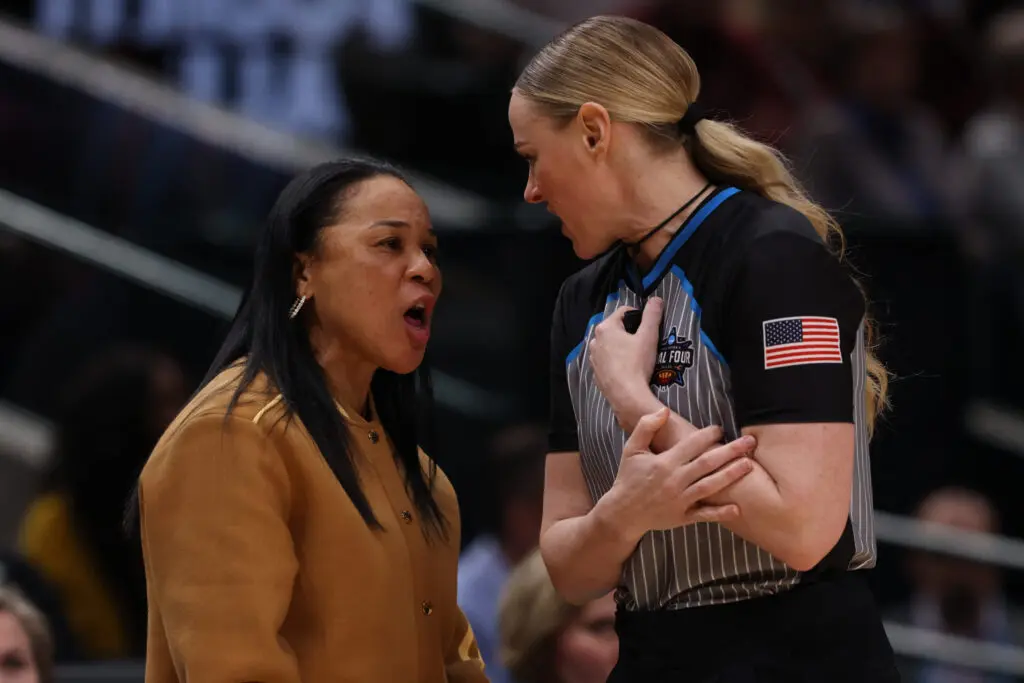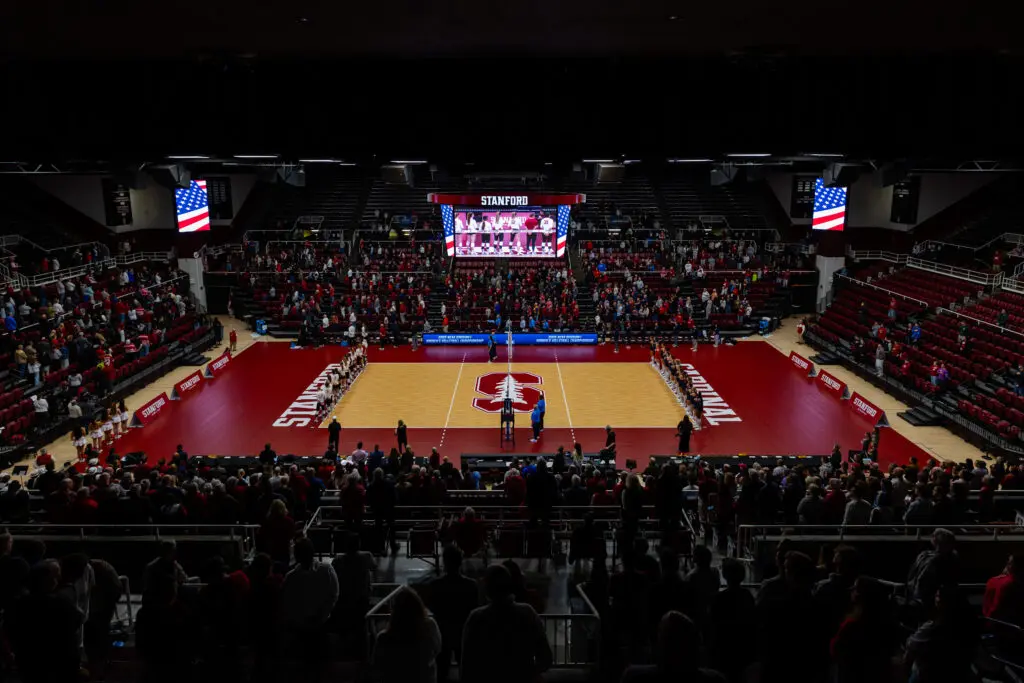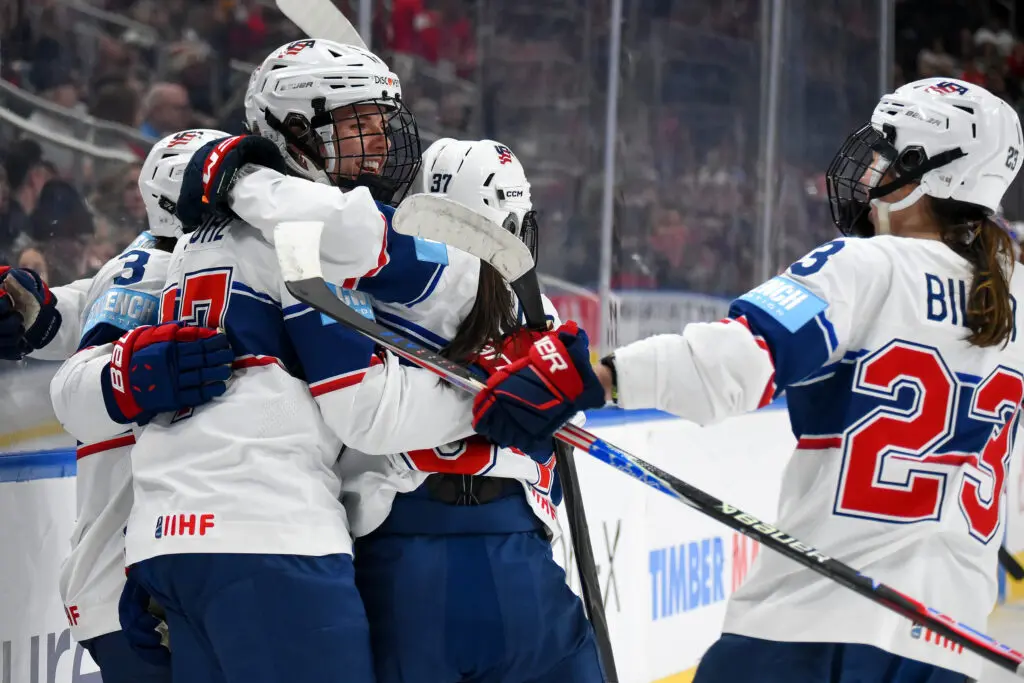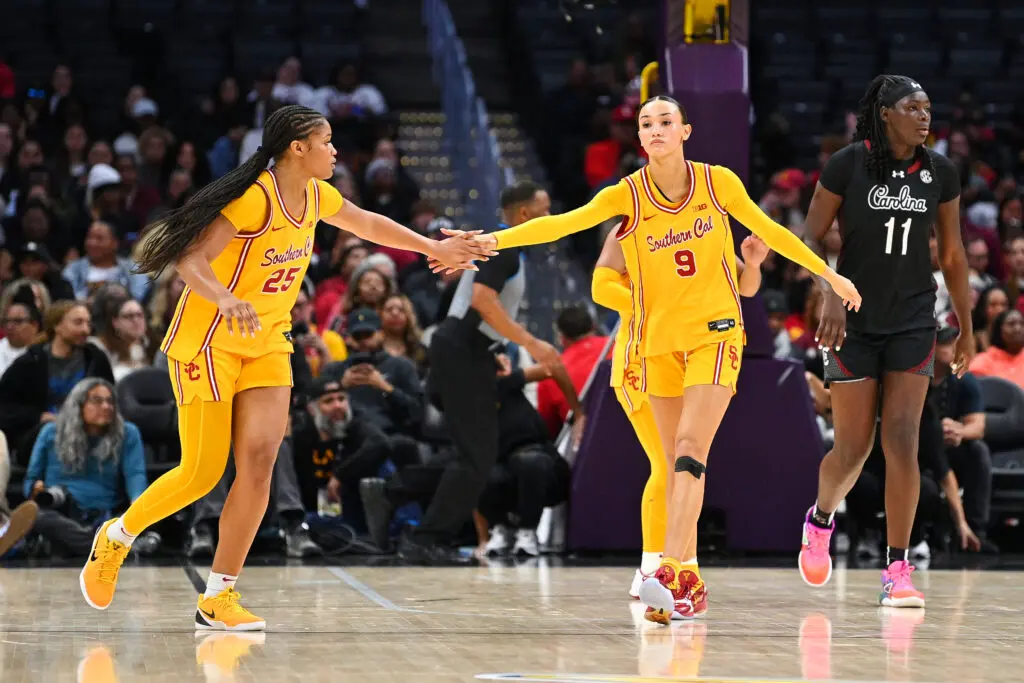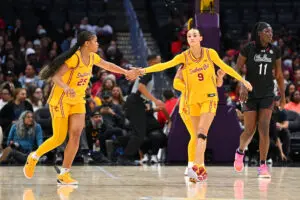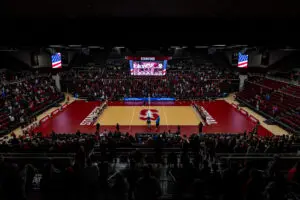The perception of South Carolina women’s basketball as “overly physical” affected the officiating in the Final Four, coach Dawn Staley said.
Speaking on The Pivot Podcast, Staley addressed the narratives that plagued South Carolina all season long, including in their 77-73 loss to Iowa in the national semifinals. Gamecocks star Aliyah Boston spent long stretches on the bench after picking up two fouls in the first quarter and a third just minutes into the third quarter.
South Carolina finished the game with 20 fouls – marking just the second time all season the team racked up 20 fouls or more.
“When people make references of us being overly physical, it has a way of determining how the game is being called,” Staley said. “It’s a narrative that I usually don’t address, but I addressed it this past season because I knew as we continued down this path of our season and going into the NCAA tournament, that it could burn us.”
Staley “absolutely” thinks that the narrative played a hand not only in the national semifinals, but she doesn’t think the impact was limited to her team. Such narratives also affected the national championship game, in which the Hawkeyes saw several of their key players sidelined with foul trouble in the loss to LSU.
“If enough people are saying it and enough coaches are saying it, then they’re gonna have to address it,” she continued. “Do I think it was a part of our national semifinals? Absolutely. Do I think it had the same impact on Iowa in the national championship game? Absolutely.”
The women’s game “has got to get the right officials,” Staley said, who will call the game as they do throughout the regular season. Game-planning for the officials is a part of a winning strategy, she said, and part of being able to prepare is knowing that the officiating is going to remain consistent.
The South Carolina coach also wants all coaches to be able to talk about refereeing more in postgame press conferences without the threat of fines hanging over their heads.
“For me, I do think we should be able to talk about the officials, whether we agree or disagree. And I think officials should be able to talk, because they’re becoming more a part of the storyline in our game,” she said. “And they should be able to defend themselves like we should be able to talk about them.
“If they’re gonna impact it, it’s fair game. They should not be able to just ride off.”
